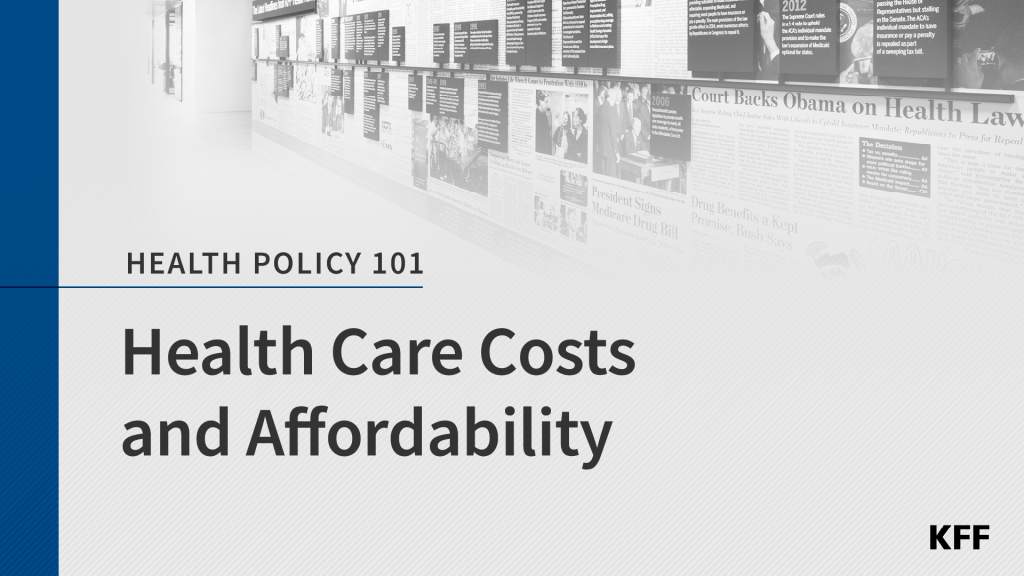Lessons From the Election About Voters and Health
In this column, KFF president and CEO Drew Altman explores why health costs weigh heavily among voters' economic concerns, even in an election where health was not a flashpoint. The need to reframe health as a pocketbook issue for voters will be central to the competition for the votes of working class Latino voters, two groups very focused on the cost of living.
